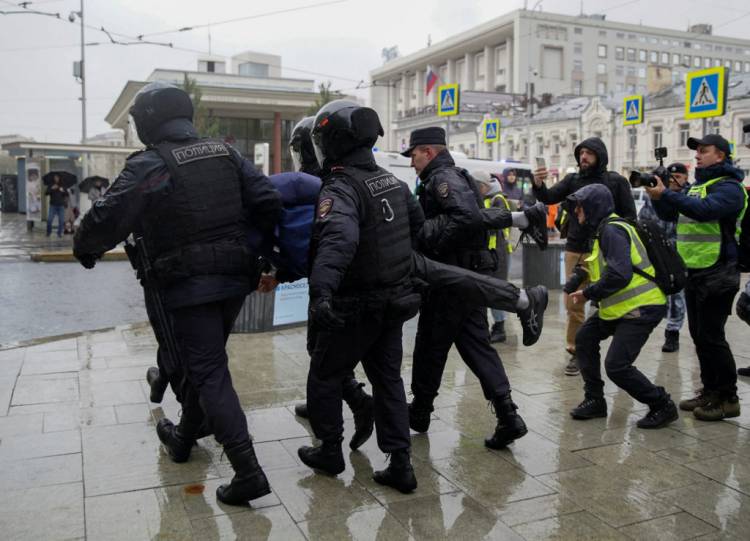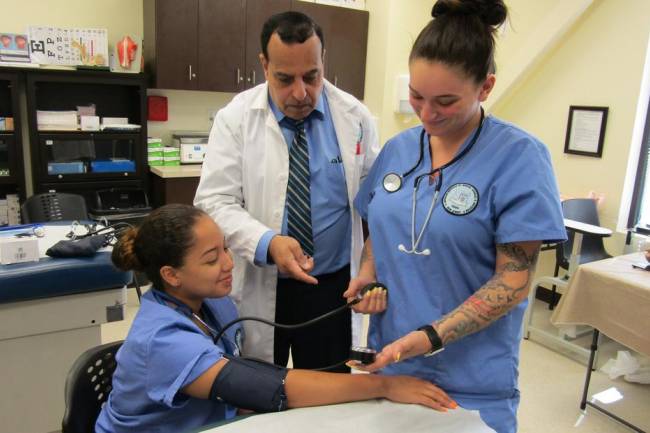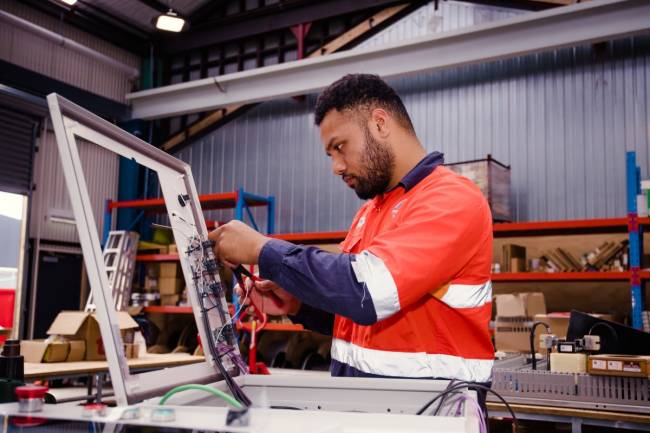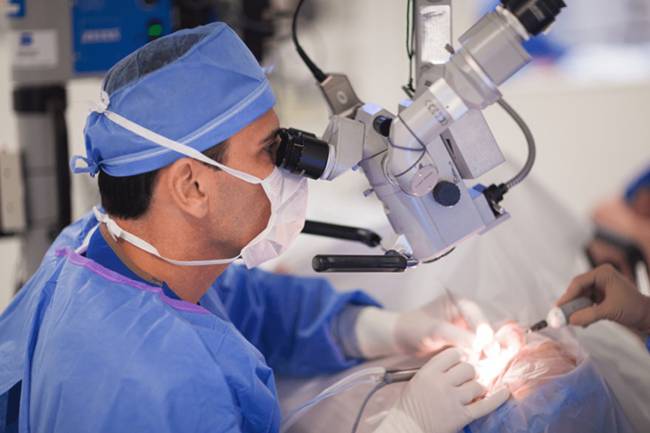
How To Become Detective In Russia
Becoming a detective in Russia can be a challenging and rewarding career path. The work of a detective involves solving crimes and investigating various types of illegal activities. Detectives are responsible for collecting evidence, conducting interviews, and analyzing data to provide insight into complex cases. To become a detective in Russia, there are several steps that you need to follow.
Step 1: Obtain a Higher Education Degree
One of the first steps to becoming a detective in Russia is to obtain a higher education degree. Typically, a bachelor's degree is required in a relevant field such as law, criminology, or criminal justice. This degree provides the necessary foundation for understanding the legal and regulatory frameworks that detectives work within. It also helps to develop analytical and critical thinking skills that are necessary for working in law enforcement.
Step 2: Gain Work Experience
After obtaining a higher education degree, the next step is to gain work experience in a related field. Many aspiring detectives start their careers as police officers or security guards. This allows them to gain a better understanding of the various aspects of law enforcement and to develop practical skills that will be useful in detective work. It is also important to develop a good reputation within the law enforcement community and to make connections that can help with career advancement.
Step 3: Complete Detective Training
The next step is to complete specialized detective training. This training is designed to provide detectives with the knowledge and skills necessary to carry out investigations effectively. Detective training programs are typically offered by private detective agencies or specialized training institutions. The training can range from a few weeks to several months, depending on the program. The training covers topics such as evidence collection, surveillance techniques, interview techniques, and report writing.
Step 4: Get a License
Once you have completed the required training, you will need to obtain a license to work as a detective. The licensing requirements vary depending on the region in which you want to work. In some regions, you may need to pass an exam or complete additional training before you can obtain a license. You will also need to pass a background check and meet other requirements such as having a certain amount of work experience.
Step 5: Join a Detective Agency or Start Your Own
Once you have obtained your license, you can either join a detective agency or start your own. Joining an agency is a good way to gain experience and to learn from more experienced detectives. It also provides the opportunity to work on a variety of cases and to develop a reputation within the industry. Starting your own agency can be more challenging, but it provides the opportunity to have greater control over the types of cases you work on and the clients you work with.
In addition to the above steps, there are other skills and qualities that are important for success as a detective in Russia. These include:
-
Attention to detail: Detectives need to be able to pay close attention to details in order to spot inconsistencies and identify patterns in data.
-
Analytical thinking: Detectives need to be able to analyze data and evidence to draw conclusions and make recommendations.
-
Communication skills: Detectives need to be able to communicate effectively with clients, witnesses, and other law enforcement personnel.
-
Discretion: Detectives need to be able to maintain confidentiality and work discreetly in order to protect the privacy of clients and the integrity of investigations.
-
Physical fitness: Detectives may be required to conduct surveillance or pursue suspects on foot, so it is important to be physically fit.
-
Resilience: Detectives may encounter difficult or emotionally challenging cases, so it is important to have the emotional resilience to deal with these situations.
In conclusion, becoming a detective in Russia requires a combination of education, experience, and specialized training. It is important to develop the necessary skills and qualities and to be prepared to
Click Here To See More













